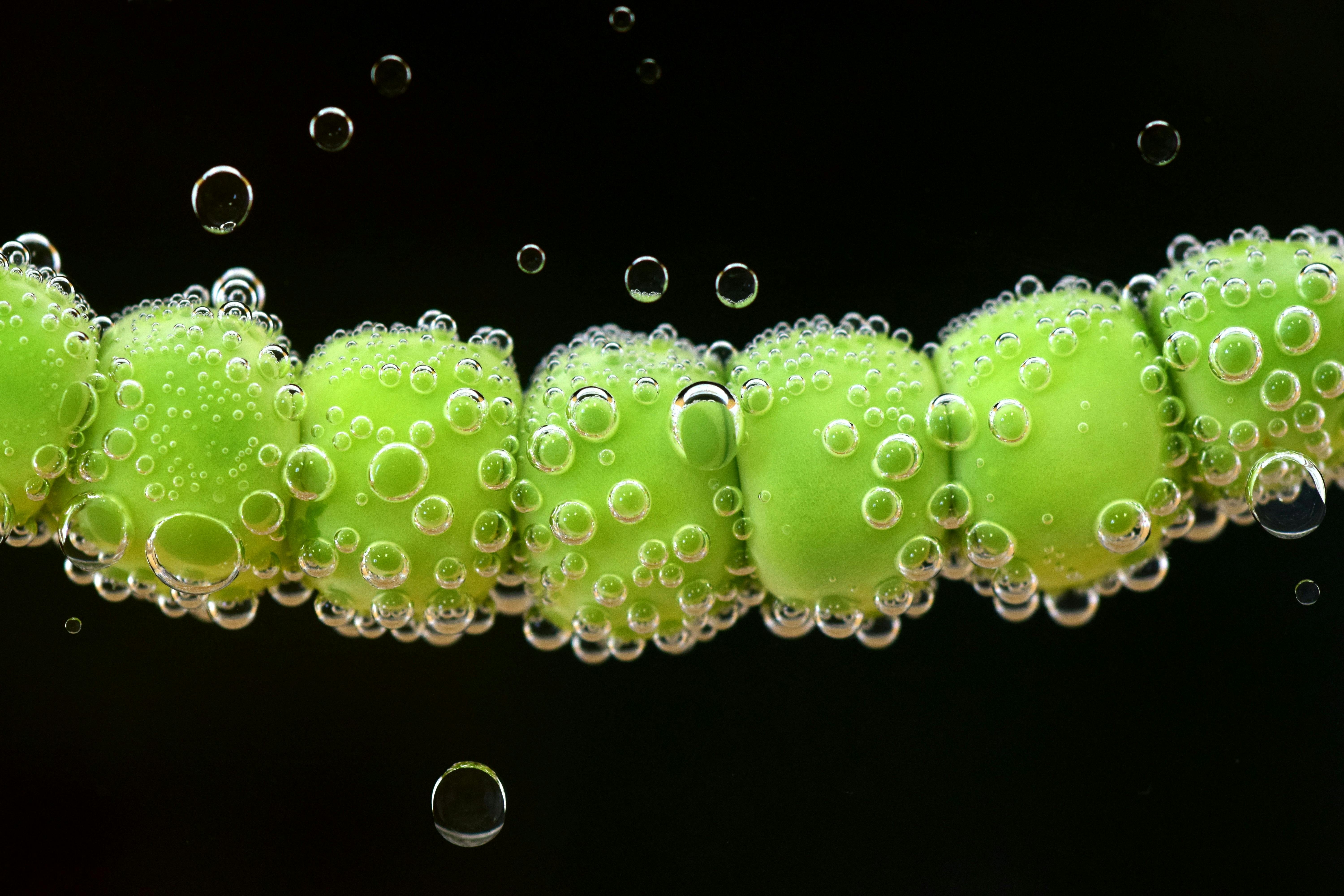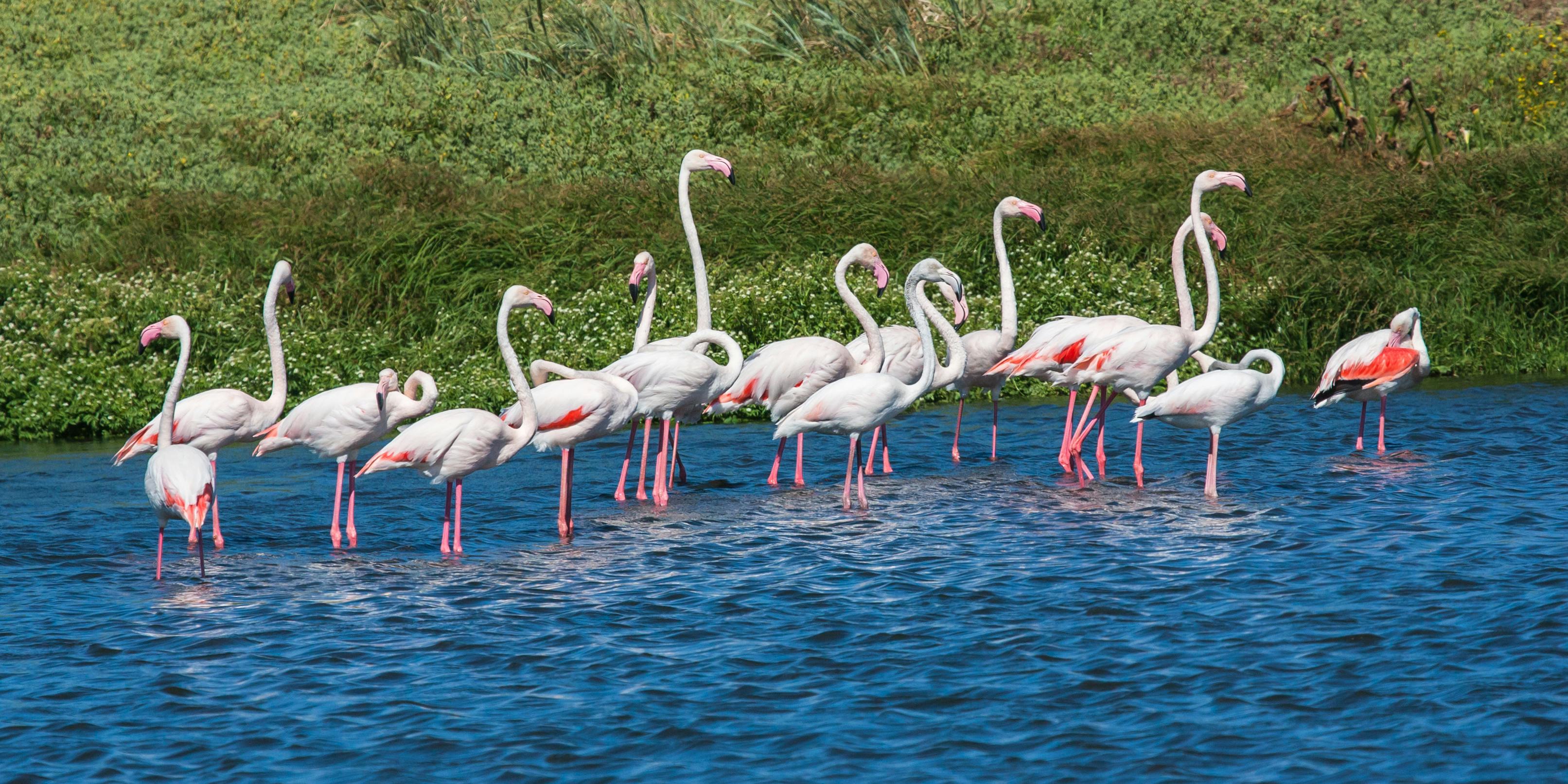Distilled water is an important part of many processes, including medical procedures and scientific experiments. Distilling water involves boiling it to remove contaminants and impurities. It is important to know how long water needs to boil in order to be distilled properly. This article will discuss the factors that determine the boiling time of water and how long it needs to be boiled in order to be distilled.Distilled water is water that has been boiled into vapor and then condensed back into liquid form. It is free of minerals, salts, and other impurities, making it purer than regular tap or spring water. Distilled water has a long shelf life and does not need to be refrigerated. It is often used in car batteries, steam irons, and other household items that require pure water.
What Does Boiling Water Do To Make It Distilled?
Boiling water is a simple and effective way to distill it. When water is boiled, the steam rises and leaves behind many of the impurities and contaminants that are present in the water. This process of boiling water is known as distillation. The boiling point of water is 100°C (212°F), and when it reaches this temperature, the steam that is produced carries away impurities such as minerals, metals, and other contaminants. At the same time, the boiling point also kills off bacteria and other microorganisms that might be present in the water. As the steam cools down, it condenses back into liquid form; this liquid is now distilled water which is clean and safe to drink.
Distillation has been used since ancient times to purify drinking water for various purposes. Today, it’s still used in a variety of industries for cleaning and purifying liquids such as alcohol or organic compounds. It’s also used in some countries as a method for treating wastewater before it’s discharged into waterways or oceans. In addition, distillation can be used at
What Temperature Does Water Need To Boil To Be Distilled?
Water must reach a temperature of 212°F (100°C) in order to be distilled. At this temperature, water will boil and the steam produced will be free of any impurities, since the boiling point of pure water is at this temperature. It is important to note that the boiling point of water changes with pressure, so it is important to note what pressure you are working with when trying to determine the boiling point of water.
When water is boiled at a lower temperature, some impurities may remain in the liquid. This means that if you are looking to distill water, it needs to reach its boiling point in order to remove any impurities that may be present in the liquid. Distilled water has many uses, from being used as drinking water to being used as a solvent for laboratory experiments. It is also commonly used as a base ingredient for many products such as shampoo and soap, since it does not contain any impurities or additives that could cause irritation or harm when used topically.
In order to distill water effectively, it is important that
How Long Does It Take For Water To Boil To Be Distilled?
Distilling water is a process of boiling the water to remove impurities and other contaminants. Boiling water is one of the most effective methods for purifying it. The process of distillation involves heating the water until it reaches its boiling point, which is 212°F (100°C). Once the water has reached this temperature, it will begin to vaporize, leaving behind any solid particles or impurities that were present in the original liquid. The vapor then rises and condenses back into a liquid, leaving behind any contaminants that were present in the original sample.
The amount of time it takes for water to boil and be distilled will depend on several factors. The first factor is the heat source used, as different fuel sources like gas or electricity can affect how quickly the water reaches its boiling point. The size of the pot or container being used to boil the water also affects how quickly it boils. A larger pot or container will take longer to reach its boiling point than a smaller one, and may even require multiple batches to fully distill all of the water.
Finally,
Factors That Affect The Time Needed For Water To Boil To Be Distilled
Boiling water is an important process in the production of distilled water, and there are several factors that can affect the time it takes to boil water for distillation. One of the most important factors is the altitude at which the boiling is taking place. At higher altitudes, the atmospheric pressure is lower, so it takes longer for water to come to a boil. The atmospheric pressure also affects the boiling point of water; at sea level, for example, water boils at 212°F (100°C), but this temperature decreases as altitude increases.
Another factor that affects boiling time is the surface area of the container. If there is more surface area exposed to heat, then more heat can be transferred into the liquid faster. This means that a large pot with a wide base will boil faster than a small pot with a narrow base.
The amount of heat being applied also has an effect on boiling times; higher temperatures will cause liquids to boil faster than lower temperatures. The type of fuel used in heating also affects boiling time; electric stovetops tend to take longer than gas or prop

The Benefits Of Distilling Water
Distilling water offers a variety of benefits, particularly for those looking to improve the quality of their drinking water. Distillation is a process that involves boiling water, collecting the steam, and then condensing it back into liquid form. The process removes most contaminants from the water, leaving behind pure H2O. Here are some of the main benefits of distilling water:
First and foremost, distilled water is free of many impurities and contaminants that can be found in tap or bottled water. This includes bacteria, chlorine, lead, mercury, nitrates and other heavy metals. By consuming distilled water, you can reduce your exposure to these potentially harmful substances.
Another benefit of distilling is that it reduces the amount of minerals in your drinking water. Minerals such as calcium and magnesium can give tap or bottled water a bitter taste and affect its odor. Distilled water has virtually no taste or odor, so it’s perfect for people who don’t like the taste of mineral-rich waters.
Finally, distilling your own drinking
Visual Inspection
Distilled water should be completely clear and free from any sediment. If the water is cloudy or has any particles in it, it has not been properly distilled.
Taste Test
Distilled water should have no flavor or odor. If the water has a taste or smell to it, then it has not been properly distilled. It may also indicate that the equipment used for distillation is contaminated and needs to be cleaned or replaced.
Conductivity Test
A conductivity test can be used to determine if the water has been properly distilled. Distilled water is non-conductive, meaning electricity does not travel through it easily. Therefore, if a conductivity test indicates that there is electrical conductivity in the water, then it has not been properly distilled.
What Are The Risks Of Not Properly Distilling Water?
The most significant risk of not properly distilling water is that it can contain contaminants and pollutants that can be harmful to human health. When water is improperly distilled, it may contain bacteria, viruses, and other microorganisms that can cause illness when ingested. Additionally, it may contain chemicals, such as heavy metals and pesticides, which can cause a variety of health problems.
Another risk of not properly distilling water is that it can have a higher than acceptable level of hardness. Hard water contains dissolved minerals such as calcium and magnesium, which can make the water taste unpleasant and make it difficult to use for cleaning and laundry purposes. High levels of hardness can also lead to scale buildup in pipes and appliances, reducing their efficiency and potentially causing damage to them over time.
Finally, improperly distilled water can also have an unpleasant odor or taste due to the presence of organic compounds or bacteria in the water. This makes the water unpalatable and unsuitable for drinking or cooking purposes. In addition, some people may experience adverse reactions from consuming contaminated water, such as nausea

Conclusion
To distill water, it needs to be boiled for a long time. Boiling is necessary to eliminate harmful microorganisms in the water and also to evaporate the water so that it can be condensed back into a liquid. This process of evaporation and condensation could take hours, depending on the amount of water being distilled. It is important to use clean equipment and to change the water regularly during the distillation process to ensure that only pure, safe water is produced.
Distilling may be time-consuming and labor-intensive, but it is an effective way of producing clean drinking water in a variety of settings. By following safe practices when distilling, you can ensure that you are drinking only safe, contaminant-free water.
Overall, boiling is an important part of the distillation process as it helps eliminate any potential contaminants and starts the journey for producing pure drinking water. The amount of time needed to boil water for distilling will vary depending on how much needs to be distilled and how well-maintained the equipment is. With proper care and attention given to boiling times and temperatures, distilled water can be produced

